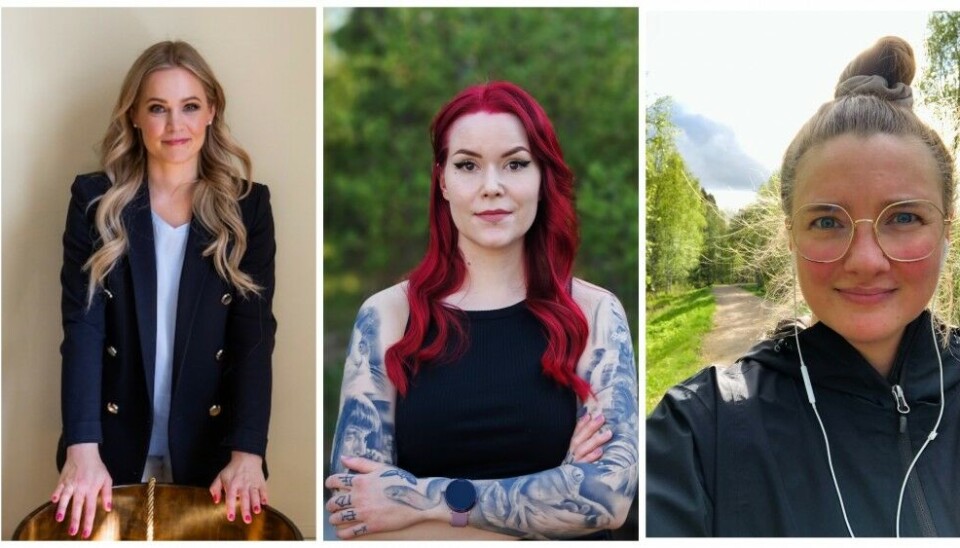
Lapland candidates: EU needs to put the Arctic on the map
The European Parliament election takes place on Sunday in Finland. Three candidates from Lapland explain why the Finnish north and the Arctic region need to be prioritised on EU's agenda for the term 2024-2029.
On Sunday, June 9, Finns will head to the polls to vote in the 2024 European elections. Fifteen MEPs from Finland will be elected.
The next five-year term will see members of the Parliament tackling issues related to the Arctic region and Finnish Lapland. Important topics include the direction of the EU’s climate politics, self-reliance on critical raw materials, and Arctic geopolitics.
Six major party candidates that aim for a seat in the European Parliament come from Lapland.
Two of them are currently members of the Finnish parliament, them being Katri Kulmuni (37) from the Centre Party, and Sara Seppänen (42) from the Finns Party.
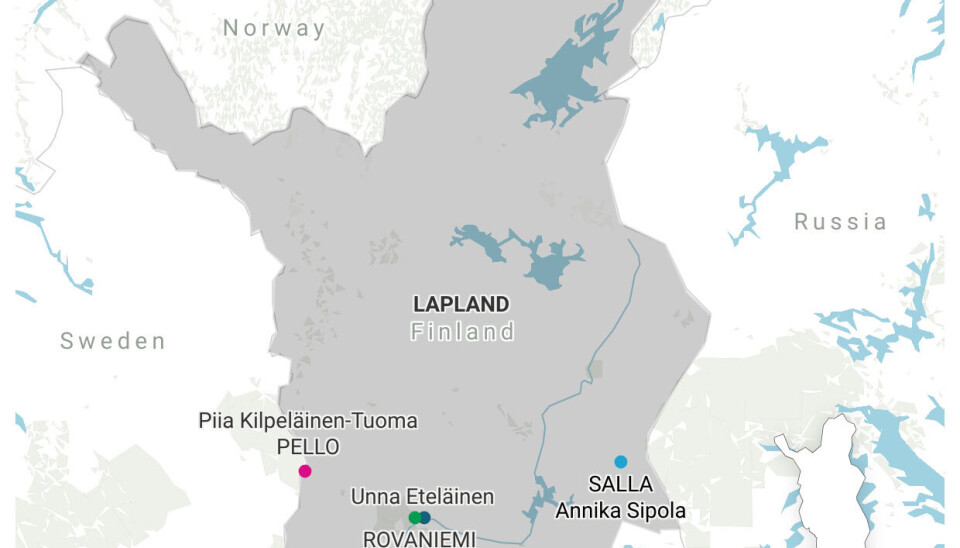
The biggest opposition party, the Social Democrat Party’s candidate is doctoral researcher and biophysicist Viivi Järvelä (30) from Kemi. Piia Kilpeläinen-Tuoma (41) who is an inspector of education from Pello represents the Left Alliance, and the National Coalition Party’s candidate is regional coordinator and entrepreneur Annika Sipola (34) from Salla. Representing the Greens of Lapland is 18-year-old high school student Unna Eteläinen from Rovaniemi.
The Barents Observer interviewed Annika Sipola, Viivi Järvelä, and Sara Seppänen to discuss how their political agendas address the interests of Lapland and the Arctic region.
EU’s climate policy
A major theme for the upcoming term is the direction of the EU’s climate policies.
During the 2019-2024 term, the ambitious Green Deal was launched, setting the EU on a path toward a green transition. The ultimate goal is to achieve climate neutrality by 2050, with an interim target of reducing greenhouse gas emissions by at least 55% by 2030, compared to 1990 levels.
All three candidates agree that the shift from fossil fuels to renewable energy sources is inevitable. However, their opinions differ on the speed at which this transition should occur.
Viivi Järvelä, whose top priority is combating climate change and biodiversity loss, asserts that the EU needs to adopt stronger and swifter climate actions.
“Climate change is the biggest threat to humanity and the planet, and the Arctic region is especially vulnerable. EU needs to set an example of more ambitious climate policies and be a global leader in driving these policies,” Järvelä states.
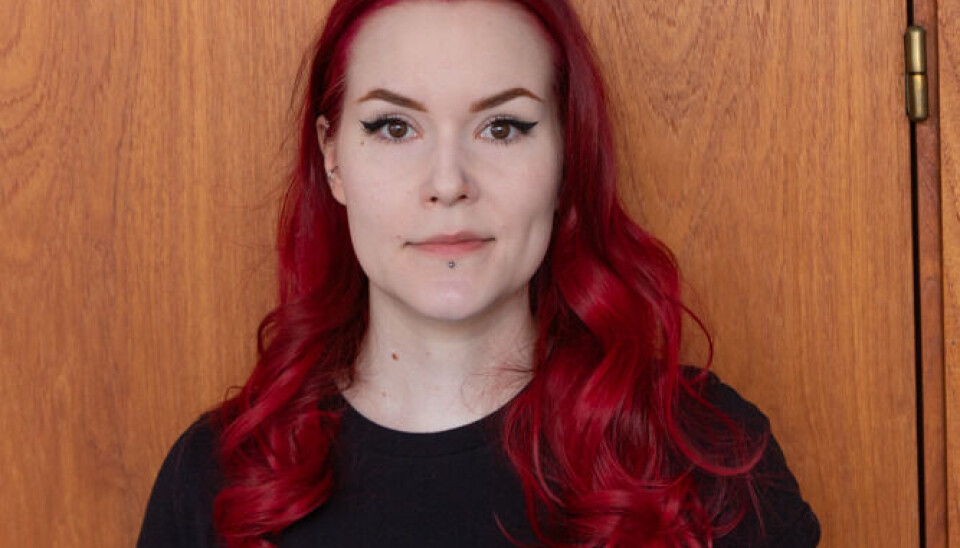
On the contrary, Sara Seppänen from the nationalist Finns party thinks that the goal of moving away from fossil fuels is unrealistic in the near future.
“The green transition requires vast amounts of technology and renewable energy, which will take time to build. I don’t see the point in dismantling a system [based on fossil fuels] that works,” Seppänen says.
She also criticizes EU for trying to solve the climate crises through regulations.
“The European Union’s competitiveness has suffered because of too many and misdirected regulations. China and the United States have grown stronger while the EU is lagging behind.”
In terms of climate policies, Seppänen thinks the focus should be on regulating the big polluters instead of micromanaging countries with low emissions such as Finland. She also brings up the need for regulation of global issues such as overfishing and fast fashion.
Mining in Lapland inevitable
Annika Sipola from the liberal-conservative National Coalition Party states that the importance of raw materials found in Lapland soil will only grow since EU wants to become more self-reliant of minerals and metals.
“As a part of the green transition mining activity in Lapland is inevitable, but we have to make sure the region does not turn into a raw material reservoir,” she concludes.
The EU Critical Raw Materials Act was released in March and aims to reduce dependence on third countries, such as China, to access critical raw materials needed in the transition to green technology.
Sipola stresses the importance of considering local residents and the environment when planning future mining investments in Lapland.
“It is important to have members in the European Parliament who will defend the local residents and nature. The locals have to benefit from the investments and the environment shouldn’t be too badly harmed,” says Sipola.
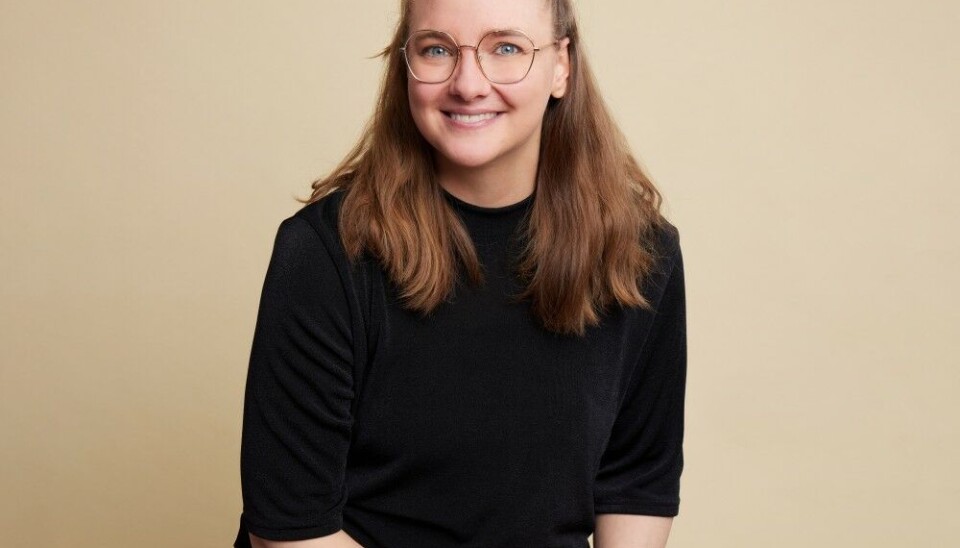
Security politics in the EU
Sipola and Järvelä bring up the importance of Finnish border security for the safety of the whole Union.
Järvelä emphasizes the importance of Finnish security of supply and insists that the EU must support and enable this.
“We have a long border with Russia. In case the access to the Baltic Sea is hindered it is incredibly important for us to have a working security of supply to northern Norway and Sweden,” says Järvelä.
Sipola, whose hometown Salla is located 20 kilometers from the Russian border, explains that moving there has made her realize the importance of border security.
“The proximity of the Russian border is highly noticeable. Given the current geopolitical situation, border security must be a priority. EU needs to be proactive and take border security as seriously as Finland does,” says Sipola.
EU must put Arctic on the map
All candidates stress the importance of EU recognising the importance of the Arctic region in terms of geopolitics and security politics.
Sara Seppänen contends that the Arctic is currently overlooked in EU discussions.
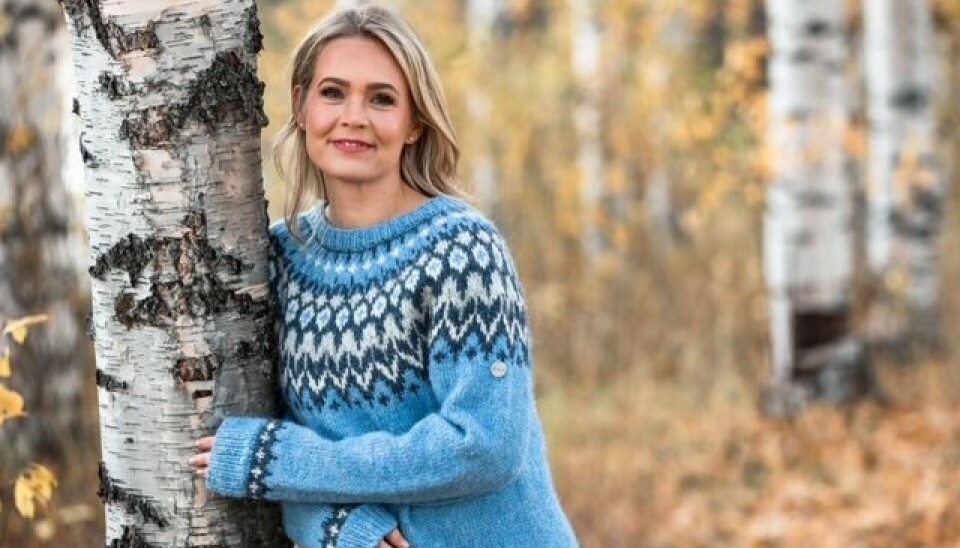
“The European Arctic strategy from 2021 isn’t enough. It is not discussed and it’s not seen anywhere. We have to get the EU to understand how central the North is in terms of geopolitics, security politics, and natural resources. The north is key to EU’s success,” says Seppänen.
Both Seppänen and Sipola bring up the Northeast Passage, and how the shipping route along the Arctic coast of Russia and Norway, between the Atlantic and Pacific Ocean, poses a new threat.
“When the Arctic ice sheet melts and the route becomes more travelable there is a risk that Russia conquers the sea area, and it might result in conflicts. How Russia acts in the Arctic is a security political issue,” says Sipola.
Järvelä also comments on the need for an update of Europeans Union’s Arctic strategy from 2021.
“A lot has happened in the Arctic since 2021, both regarding the security political issues as well as regarding climate change.”













